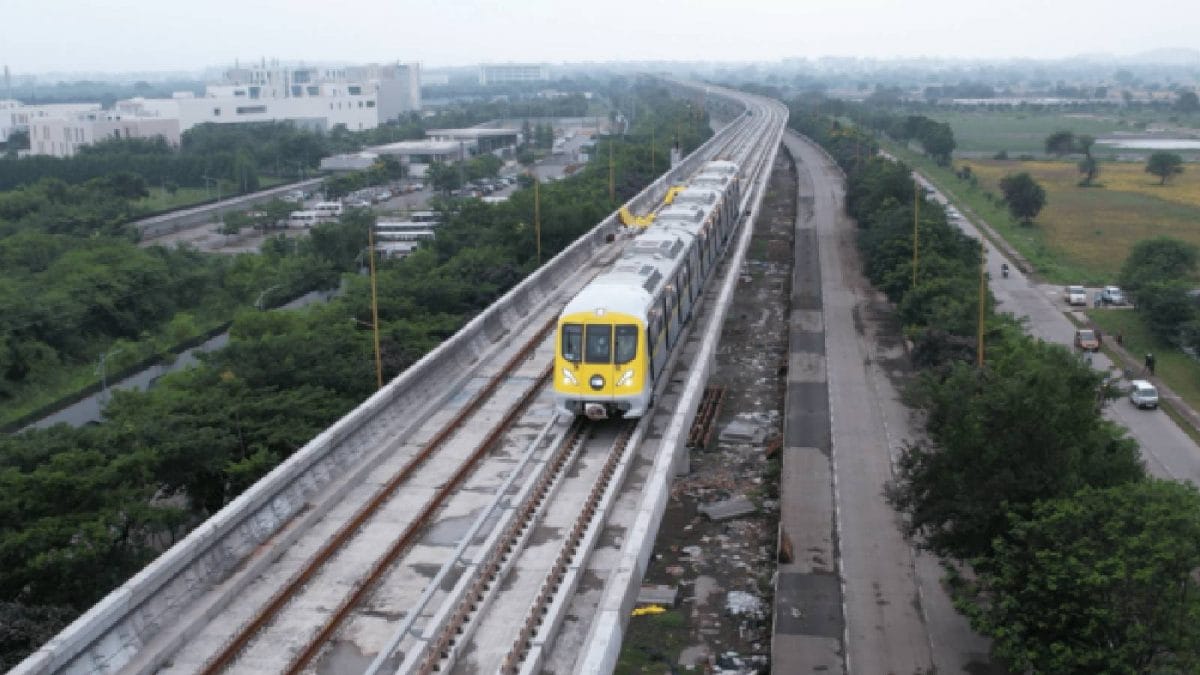Australia's Future: How Intelligent Tech Will Reshape Jobs and Industries in the Next Decade

The relentless march of intelligent technology is transforming Australia's industries and workforce. Over the past few years, we've witnessed an explosive growth in the adoption of electronics, digitalisation, and, most notably, artificial intelligence (AI) across production and various sectors. This isn't just about automating tasks; it's a fundamental shift in how we produce goods and services, opening up exciting new possibilities while simultaneously presenting significant challenges to the skills landscape.
The Rise of Intelligent Systems: A New Era of Productivity
The integration of AI, machine learning, and robotics is driving unprecedented levels of efficiency and productivity. From manufacturing plants leveraging robotic arms for precision assembly to logistics companies optimising delivery routes with AI-powered algorithms, the impact is already being felt. Businesses are discovering that intelligent systems can not only perform repetitive tasks faster and more accurately than humans, but also analyse vast datasets to identify trends, predict demand, and improve decision-making. This leads to reduced costs, improved quality, and the ability to innovate at a faster pace.
The Shifting Skills Landscape: Adapting to the Future of Work
However, this technological revolution isn’t without its implications for the Australian workforce. As intelligent systems take over routine tasks, the demand for certain traditional skills is diminishing. Simultaneously, there's a growing need for individuals with expertise in areas like AI development, data science, robotics engineering, and digital literacy. This creates a skills gap that needs to be addressed urgently.
The key isn't to resist the change, but to adapt to it. Australian workers need to embrace lifelong learning and upskilling to remain relevant in the evolving job market. This includes acquiring new technical skills, but also developing crucial soft skills like critical thinking, problem-solving, creativity, and communication – skills that are difficult for machines to replicate.
Opportunities for Australia: Innovation and Growth
Despite the challenges, the rise of intelligent technology presents significant opportunities for Australia. We have the potential to become a global leader in AI innovation, particularly in areas where we have a competitive advantage, such as resource management, agriculture, and healthcare. Investing in research and development, fostering a supportive ecosystem for startups, and encouraging collaboration between industry and academia are crucial steps in realising this potential.
Looking Ahead: A Decade of Transformation
The next decade promises to be a period of profound transformation driven by intelligent technology. Australia’s ability to navigate this change effectively will determine its economic prosperity and social well-being. By embracing innovation, investing in skills development, and fostering a culture of adaptability, we can ensure that Australia thrives in the age of intelligent technology. The future isn't about humans versus machines; it's about humans with machines, working together to create a better future for all.






